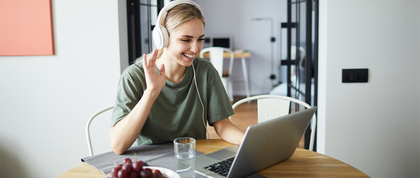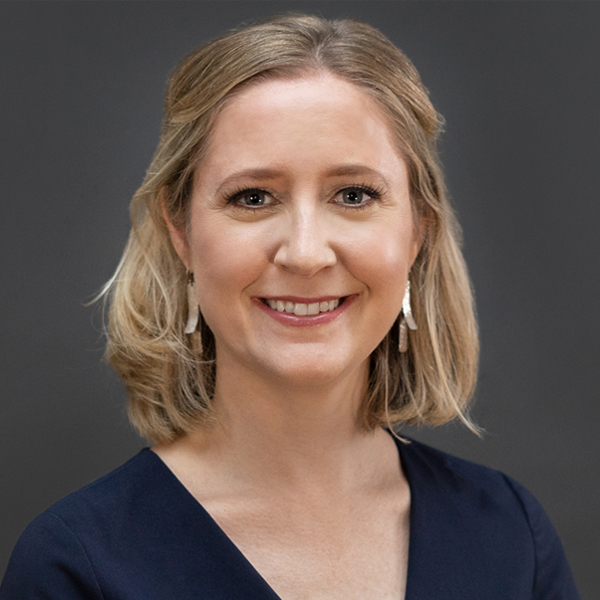
In an earlier message, Dean Cheryl Healton equated social distancing with social good. As we all adjust to new, sometimes isolating routines in response to Covid-19, it's worth reflecting on the ways in which social distancing is itself a social act.
Humans are social beings. In fact, a lot of what we do is for the benefit of others. Prosocial behaviors are those that benefit our social communities, such as helping, comforting, or sharing. Engaging in these behaviors makes us feel good and, importantly, makes others feel good about us.
Some of the measures that epidemiologists and health providers recommend to limit the risk of Covid-19 transmission -- avoid gathering in groups, shaking hands, hugging, or crowding close to one another -- might sound antisocial. But canceling an event or a dinner party and staying at home isn't antisocial in the context of a pandemic. Quite the opposite: it's prosocial. Staying home doesn't just reduce your own risk of being infected, it reduces your risk of becoming a link in a transmission chain that harms someone else.
When we as public health professionals and scholars recommend 'social distancing', we are asking individuals to alter their behavior for a greater good--to protect their (and our) community. But as everyone who has spent the past week sequestered in their own home probably realized already, distancing is difficult to sustain. If we are to be successful, we need to trust our social instincts and use them to reinforce physical distancing policies and practices that can save lives.
Practically, this means people should keep socializing--just not in person! If we're all going to keep up (pro)social distancing for the longer term, which is what will be necessary, we need to keep getting positive social reinforcement. We need to be reminded why we're doing this, and for whom we are doing this.
So call a friend or family member every day. As long as you have no reason to believe you are infected yourself and you are able, go wave at your neighbor from six feet away. Schedule an online happy hour, remote dinner party, or distance game night. However you do it, be social while distancing.

Mari Armstrong-Hough, MPH, PhD
Assistant Professor of Public Health